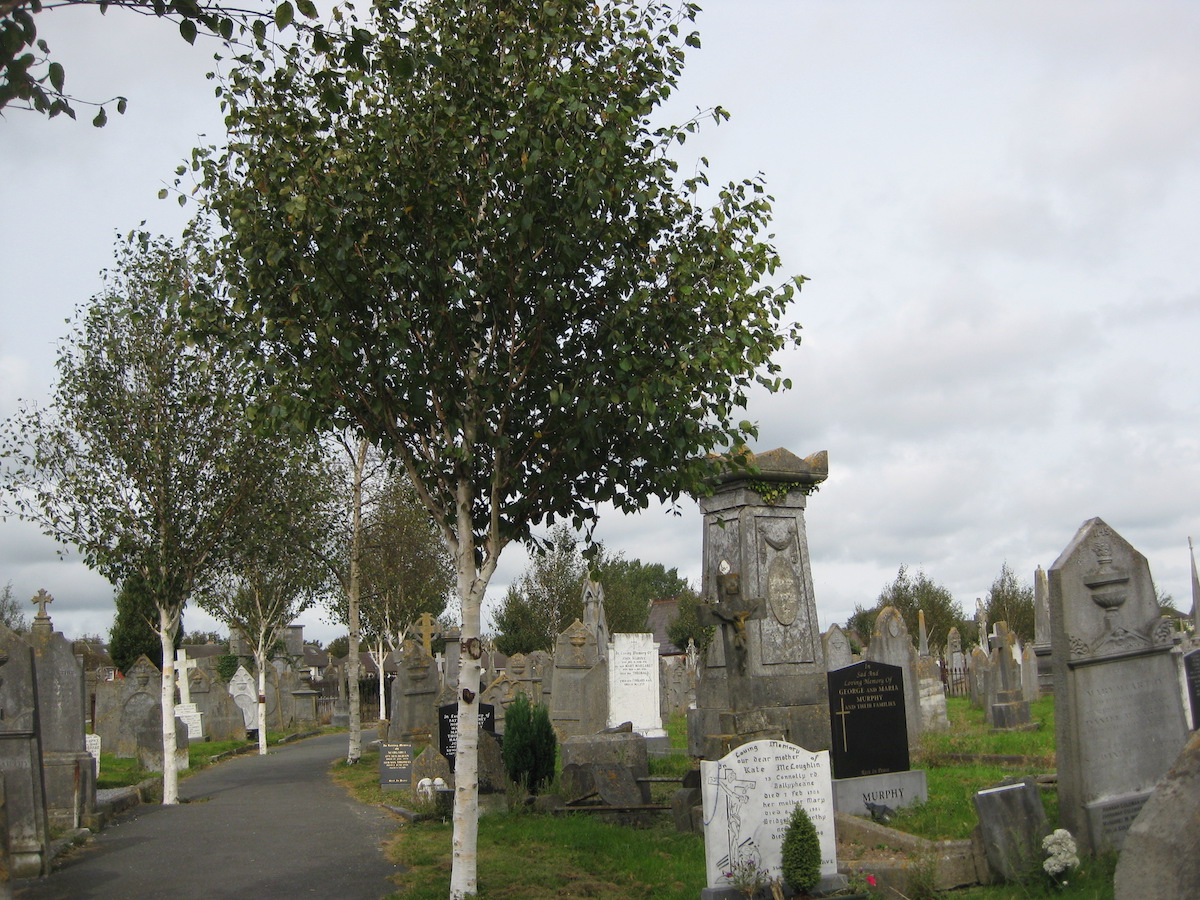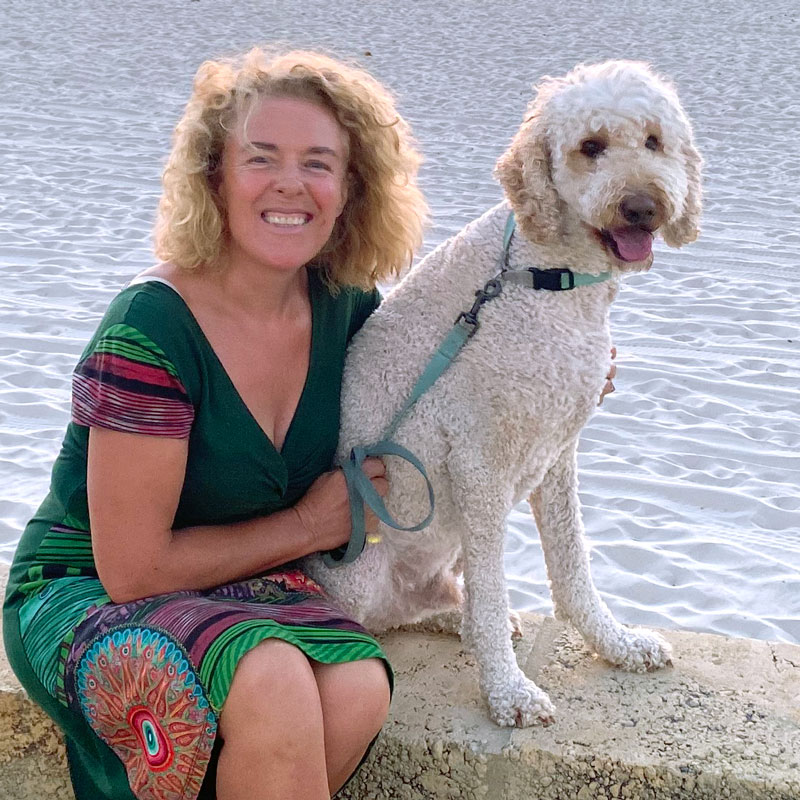Welcome back to my blog. I hope it finds you in a good space with the love and support you deserve. This is the 70th blog that I’ve published (audio blog here) and comes on the back of a milestone in my sober life, that of three and a half years since the first day of my commitment to live an alcohol-free life. That’s 1,280 days in case anyone is interested! I know this not because I’m literally counting each day, but because the ‘I Am Sober’ app on my phone flagged it to me. It’s good to get such reminders now and again of how far I’ve come. It honestly doesn’t feel that long at all but then I am acutely aware of the rapid passage of time the older I get! One of the biggest lessons I’ve learnt since I stepped out of my comfort zone and quit drinking is that I can do hard stuff. It was hard to quit because we live in a society where drinking to excess is normalised. Yet it continues to kill people and destroy families.
Grief and loss
This week I’m thinking about hard stuff such as the pain of losing those we love, a break-up, or struggling with the pain of unfulfilled dreams. We all endure hard stuff to some degree or another, often without acknowledgement from others.
Damien, my life companion, rushed back to Ireland last week to attend the very sad funeral of his beautiful cousin, Michelle, who passed away at the age of 50, leaving behind her two young children and a devastated family. She had been sick for some time but, still, it came as an enormous shock to learn of her untimely passing. May she rest peacefully. It was hard for Damien to drop everything and spend 20 hours on two planes to travel 15,000km in such tragic circumstances and then arrive back to his hometown where his family were in mourning. As I was dropping him off at the airport, he told me that the one thing that he was dreading about the funeral was the fear that if he started crying, he would not be able to stop. This is because when he was a teenager, he lost his own mother in her forties and the grief of losing her has stayed with him, buried inside, all these years. As it happened, while he did cry at the funeral and in the days that followed, he found healing in the support and love of his grieving family. They held each other and together leaned into the pain of loss. It’s hard for me to understand this kind of grief as I haven’t experienced it. All I can do is acknowledge their pain and hold a space for those who are grieving, even if from a very long way away.
Doing hard stuff
And this brings me onto a topic that I feel is very relevant and one worth talking about. How we deal with other people’s pain. I’ve delved into this in detail during my counselling studies and have had to reflect on my own life experience. Our first instinct when someone is in pain is to try to fix them. This is a normal response given that other people’s pain sits uncomfortably with us – we feel bad for them and, ultimately, for ourselves. We jump into remedy-mode because we don’t like hard stuff and we don’t know what do with it. So, we do our best to say and do anything that will ease their pain. Unfortunately, this is unhelpful to the person who is in pain. Telling a friend whose partner has just cheated on them that ‘there are plenty more fish in the sea’ is not going to work. Pointing out all the things a person has to be grateful for in their life when they tell you that they are feeling depressed is the least helpful thing we can do. Or suggesting that they take anti-depressants because they’ve previously worked for you is a futile attempt at fixing them. The way to help people in pain, whatever level of pain that might be, is to do the hard stuff of allowing them the space to be with their pain in that moment and to share it with them.
Acknowledgement is love in action
One of the greatest benefits of counselling is the space it gives people to be seen and heard in a world where everyone is too busy to stop and listen. The role of counselling is not to fix people but to help them to find solutions that are right for them to address their own personal challenges. The first step in the process is to establish a rapport that is based on compassion and empathy that will allow a person to feel they are worthy of being listened to and respected, no matter what. The thing is, if people knew how to listen to their friends and family without judgement or without a desperate need to fix them there would be less of a need for counselling. I am sharing this knowledge with you today in the hope that you too can make a difference to the people in your life.
Here are some tips on how to help someone who is in pain:
- Acknowledge their pain by saying, ‘I’m sorry you’re feeling this way. I’m here if you want to talk about it.’ This comes from the heart and shows the person that they are cared for.
- When someone tells you that something feels unbearable to them, even if you think it shouldn’t be so, it is important to validate that by saying, ‘It sounds like you’re really hurting. I can’t imagine how hard that is for you.’ Because the truth is, we cannot really know or understand the depth of someone else’s pain.
- Only offer advice if the person asks for it. Have you ever been offered unsolicited advice by someone which, while they mean well, is not what you needed to hear at that moment? I know I have! All I wanted was for them to acknowledge how I was feeling and hold a space for me, or maybe even give me a hug.
- Whatever you do, do not make light of someone else’s pain. It is real to them and trying to cheer them up in that moment is only going to make them feel like they must defend their pain. The only way to get over pain is to go through it.
- When a person feels heard, they feel supported. When we acknowledge a person’s pain, while we can’t fix the pain, we can make it a bit better for them to bear.
In my studies on practical philosophy, I came across American author, Parker Palmer and want to share this quote from him, ‘The human soul doesn’t want to be advised or fixed or saved. It simply wants to be witnessed – to be seen, heard, and companioned exactly as it is. When we make that kind of deep bow to the soul of a suffering person, our respect reinforces the soul’s healing resources, the only resources that can help the sufferer make it through.’
Isn’t that beautiful!
That’s all for this week folks. I hope you found something useful in what I’ve shared. Please remember that compassion is key to healing – compassion for yourself and compassion for all living things. Thanks for being here. Love, Gill x

